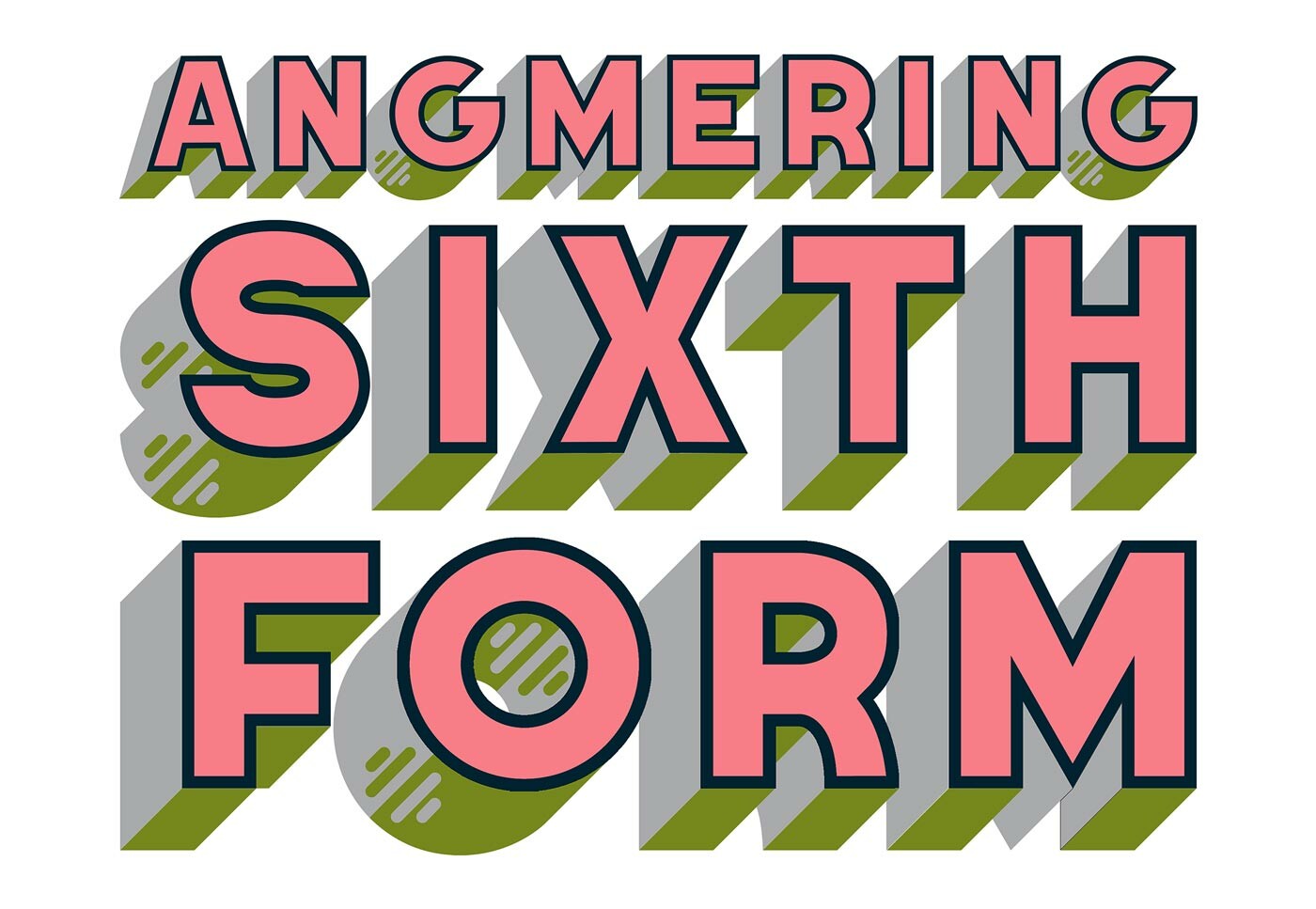Chemistry A-Level (AQA)
Course Overview
A level Chemistry encourages students to answer the big question, "What is the world made of?" It is the search for this answer that makes the subject so fascinating. From investigating how one substance can be changed drastically into another, to researching a new wonder drug to save millions of lives, the opportunities that Chemistry provides are endless.
Chemistry is the study of matter and the changes it undergoes.
Year 12: Students gain a much greater and detailed insight into the structure of an atom, kinetics, bonding, the periodic table and carbon chemistry; alkanes and alkenes.
Year 13: Students extend their Year 12 knowledge and apply their skills, tackling thermodynamics, electrode potentials, rate equations and organic chemistry in relation to polymers and DNA.
The course includes practical endorsement for which students carry out 12 required practicals, and are assessed by their class teachers.
Formal assessment is via three exams at the end of the course. These cover the specification content and the required practicals undertaken.
Studying Chemistry A level leads to a multitude of exciting career options and it is a highly regarded A level by universities.
Students go on to be successful Pharmacists, Biochemists, Engineers, Doctors, Analytical Chemists, Toxicologists and Research Scientists, to name but a few possible careers.
You should be on track to achieve a minimum of 5 GCSEs at grades 4 - 9, including at least grade 6 in Chemistry (or 66 in Combined Science), a grade 6 in Maths and a 5 in English (Language or Literature).
Please complete this task before you start the course, and be ready to hand it in on the first lesson in September.

